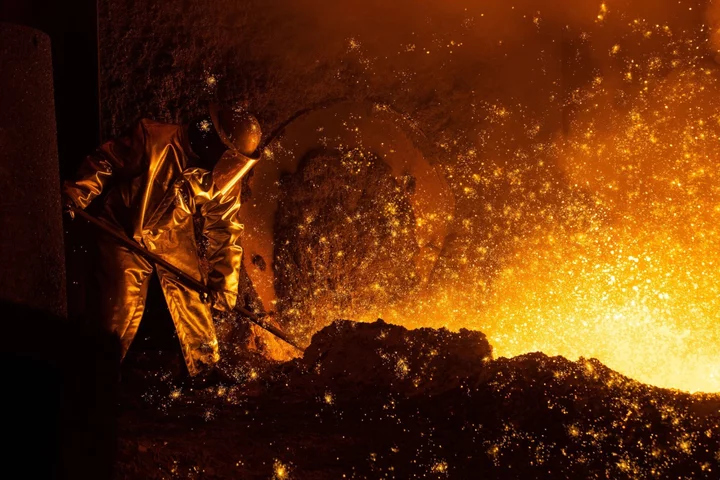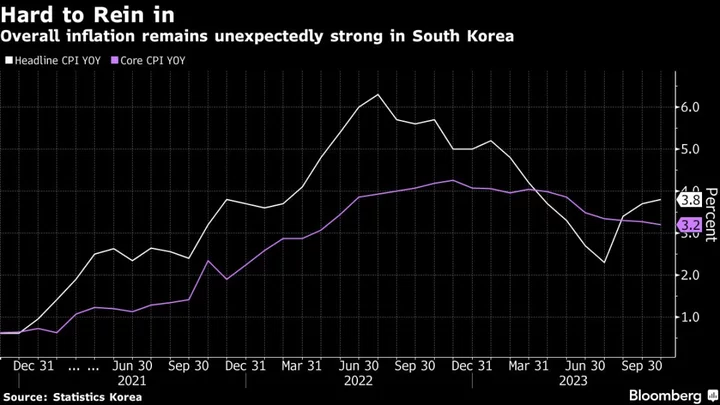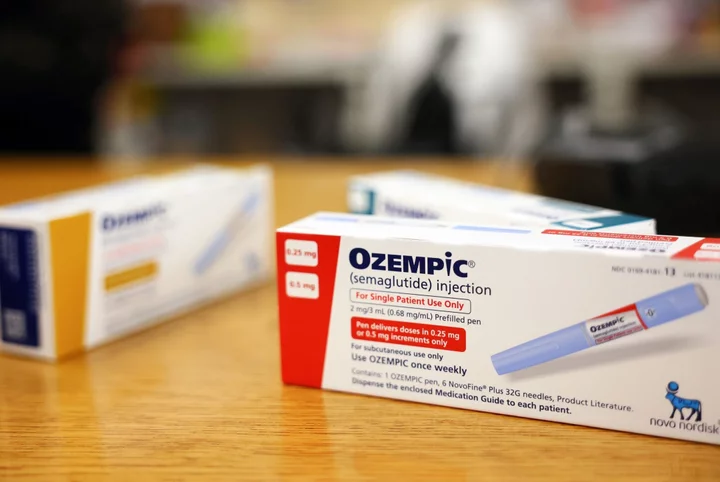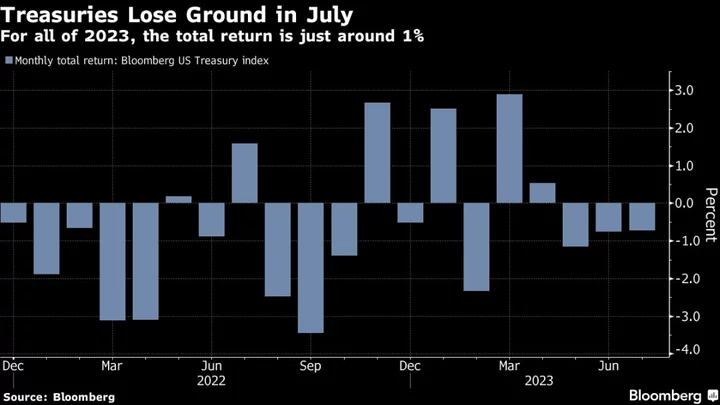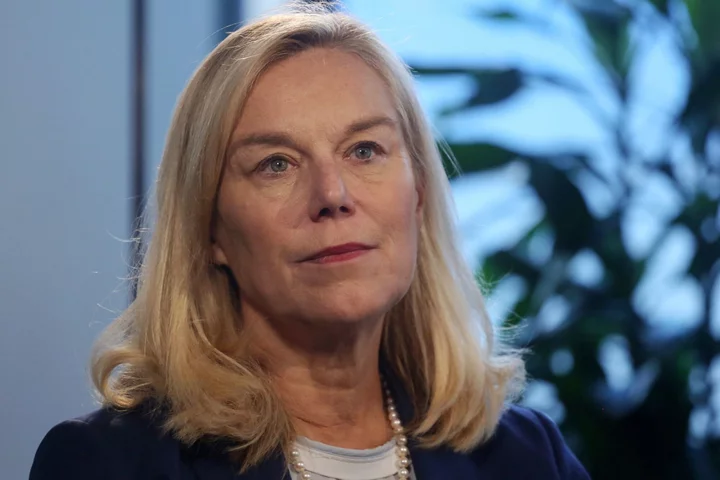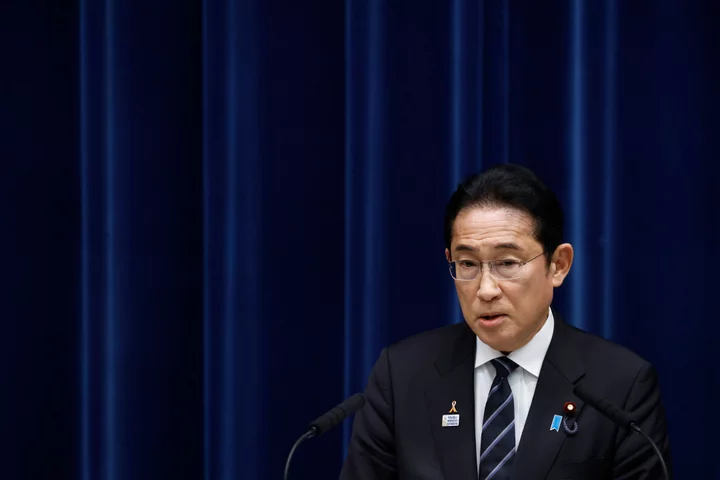Germany’s small and mid-sized companies, the backbone of Europe’s largest economy, are urging the government to ease burdens like notorious bureaucracy and high energy costs, which they see as being partly self-inflicted.
Germany should focus on finding new sources of innovation and growth outside of heavy industry and the chemical sector, said Christoph Ahlhaus, chairman of BVMV, the association of mid-sized companies. But to master the shift, the government needs to provide a new framework for future investments.
“This is a self-made problem in Germany,” Ahlhaus said in a Bloomberg TV interview. “Our politicians want to have high energy prices to solve the world climate change problems, and this is not possible” for Germany to do it alone.
Chancellor Olaf Scholz has vowed sweeping reforms to help German industry navigate a fundamental shift after cheap energy imports from Russia were cut off and growth prospects in key markets such as China darkened. But progress has been slow as the ruling three-way coalition between the Social Democrats, Greens and Liberal Democrats struggles with internal disputes.
Small and mid-sized businesses, the so-called Mittelstand, account for almost 60% of jobs in Germany and nearly half of the country’s economic output. Many of these enterprises are highly-specialized, family-owned manufacturers that operate globally, without attracting the same level of public attention as the likes of Volkswagen AG, Siemens AG or BASF SE.
Yet, just like some of Germany’s industrial behemoths, many smaller companies rely on China, where economic growth has faltered and suppliers have been hampered by labor shortages and earlier closures due to the pandemic.
“It is much more difficult for small and medium sized companies to change their supply chains,” Ahlhaus said.
Still, the partial unwinding of supply chains from China can also be an opportunity for smaller, more nimble companies to tap new revenue sources. In terms of exploring new markets, Africa also offers strong potential going forward, he said.
Ahlhaus dismissed media reports labeling Germany the sick man of Europe, a term coined some 20 years ago before deep labor market reforms helped revive economic growth. Even so, the country is on course for the first full year of contraction since the pandemic.
“The German government has to do all it can so that we don’t become the sick man of Europe,” he said.

